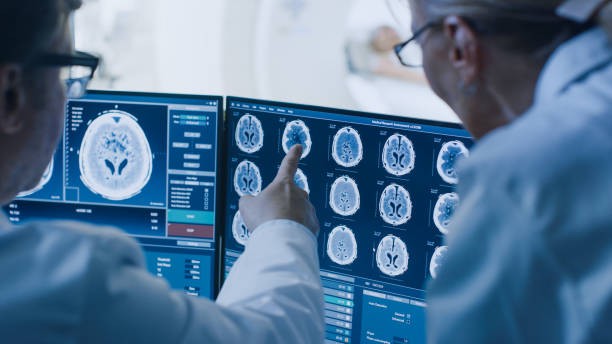AI in Medicine: How Artificial Intelligence is Transforming Healthcare
The beautiful month of May has passed, and the rainy season is about to arrive in the Kanto region. Recently, I had the opportunity to visit Boston, USA, to explore the application of artificial intelligence (AI) in medicine. While Boston had clear blue skies, Oklahoma experienced extreme weather conditions, including heavy rain and tornadoes.

AI technology is rapidly advancing across various industries, from self-driving cars to online advertising. When I read about AI-powered robots managing dairy farms—from automated milking to monitoring cows’ health—I was amazed at the level of progress AI has made.
AI’s Role in Healthcare
While AI has been integrated into many industries, its adoption in the medical field is still in its early stages. AI relies on large volumes of data for learning, and organizing medical data consistently remains a significant challenge. Hospitals and doctors record patient data in different formats, making it difficult to standardize information for AI applications.
However, AI shows great promise in performing medical examinations that were traditionally conducted by doctors. For example, when a family member appears unwell, we naturally assess their condition based on voice tone, facial expression, and physical gestures. Doctors, who see patients less frequently, may miss these subtle changes. AI-powered tools can fill this gap by continuously monitoring health indicators such as voice quality, pulse rate, breathing patterns, electrocardiogram signals, and sleep patterns via smartphones and wearables.
AI-Powered Real-Time Health Monitoring
Instead of relying on annual medical checkups, AI can facilitate daily health assessments, offering real-time insights. By incorporating genetic data and microbiome analysis, AI can provide personalized healthcare recommendations. Families can also benefit from AI-driven health monitoring, allowing them to track the well-being of elderly relatives remotely.
AI in Medical Imaging and Diagnostics
AI’s ability to analyze medical images with high accuracy is revolutionizing diagnostics. For example, mammograms for breast cancer screening are notoriously difficult to interpret. Research from Harvard University has shown that AI can detect lesions that even experienced radiologists may overlook. AI is also being utilized in endoscopic examinations to assist doctors in making more accurate diagnoses.
Furthermore, in regions with limited healthcare access, AI is being used to diagnose diseases such as malaria. By analyzing the shape and movement of white blood cells, AI can detect malaria from a single drop of blood, making early diagnosis more accessible and affordable.
The Future of AI in Healthcare
AI excels at processing vast amounts of data and identifying patterns that may go unnoticed by human doctors. As AI continues to improve, it will reduce the burden of repetitive tasks, allowing doctors to focus on human-centered patient care. The widespread adoption of AI in healthcare has the potential to make medical services more efficient, accurate, and compassionate.
With continued advancements, AI is set to revolutionize the medical industry, offering early disease detection, enhanced diagnostics, and personalized treatment plans. The future of healthcare is AI-driven, promising better patient outcomes and improved quality of life.

